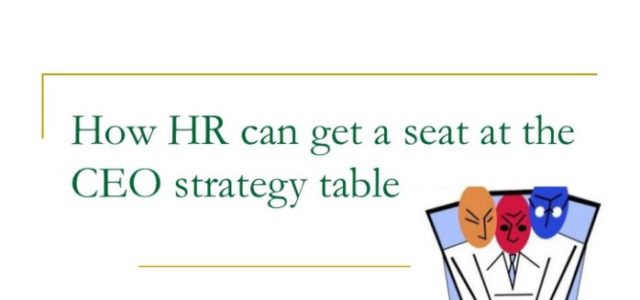If you’ve ever had the pleasure of using one of the more recent voice assistant and smart speaker platforms, you know how transformative the technology is. They are completely changing the way we interact with our mobile devices, vehicles, and homes, and even how we carry out activities like shopping.
Almost all the major tech companies have a voice assistant platform on the market. Apple has Siri, Amazon’s Echo employs Alexa, Google Home uses Google Assistant and Microsoft has Cortana. Of course, these are just the major names and brands on the market. Many other devices and platforms use similar assistant tools or borrow the existing ones through developer-friendly APIs. Alexa, for example, is available on a variety of third-party products outside Amazon’s standard offerings.
Studies show these platforms are so popular, they will soon be common in most — if not all — American homes. By 2020, predictions show people will make 50 percent of all searches via voice, with smart speakers set to enter more than half — 55 percent — of all U.S. households by 2022.
But the consumer market isn’t the only place this technology is making such an impact. In the healthcare and medical industry, voice assistants will also augment future patient-doctor interactions and care services.
Smart Speakers in Healthcare
In a recent nationwide survey of health professionals by Boston Children’s Hospital, 62 percent of respondents said they had used voice-assistant technologies. Also, a third of those respondents said they own and use at least one “smart speaker” to facilitate patient care.
Seriously, how awesome is that? Doctors and healthcare professionals are embracing modern technology in the hopes of improving and optimizing patient care. They’re using the technology in many ways, both to facilitate better treatment and interactions with patients and to improve the operations of standard health care.
A pediatric transplant-surgery team from Boston Children’s Hospital has employed voice-assistant technologies during operations. The system provides pre-operative organ-validation and checklist services, allowing the surgeons and professionals to remain hands-free. The system is still a prototype, but it’s designed to reduce human error and improve step-by-step validation processes necessary during regular operating procedures.
Boston Children’s Hospital’s Innovation and Digital Health Accelerator ran simulated scenarios as part of their “Voice in Health Care” program, which put voice-assistant technologies and smart speakers in patient rooms. One of the primary demonstrations involved a speaker that would train and instruct parents on cleaning a central intravenous catheter. The system also talked nurses and healthcare professionals through several procedures, one of which involved collecting a specimen.
Remote Healthcare via Voice
Another less common application of voice assistants and related devices is to power the augmentation and improvement of telemedicine or remote health care. Already, we see a huge wave of mobile apps and online service dedicated to this end. Families and patients can see and receive advice from qualified professionals from within the comfort of their home.
Bluetooth smart speakers — like Google Home or Amazon Echo devices — could become another medium or channel for such interactions. Imagine calling a physician or doctor directly, and talking to them via your smart speaker? What if those health-oriented services could deliver advice, support, and information through the native programs? It would entail Siri or Alexa, for example, providing accurate, real-time medical support. In fact, such a thing already exists with an “elderly Alexa”-type platform, where loved ones and caregivers can provide support even remotely.
Technology truly does make the future brighter. It won’t be long before we see smart speakers available in all medical and healthcare establishments, complete with relevant and reliable services.
Experts predict the smart speaker market to reach $11.7 billion in revenue by 2023. It’s not a stretch to believe much of that growth will be thanks to the healthcare market.
Article by channel:
Everything you need to know about Digital Transformation
The best articles, news and events direct to your inbox







